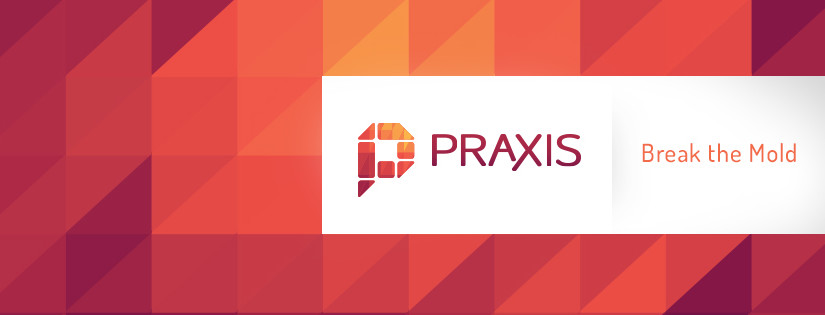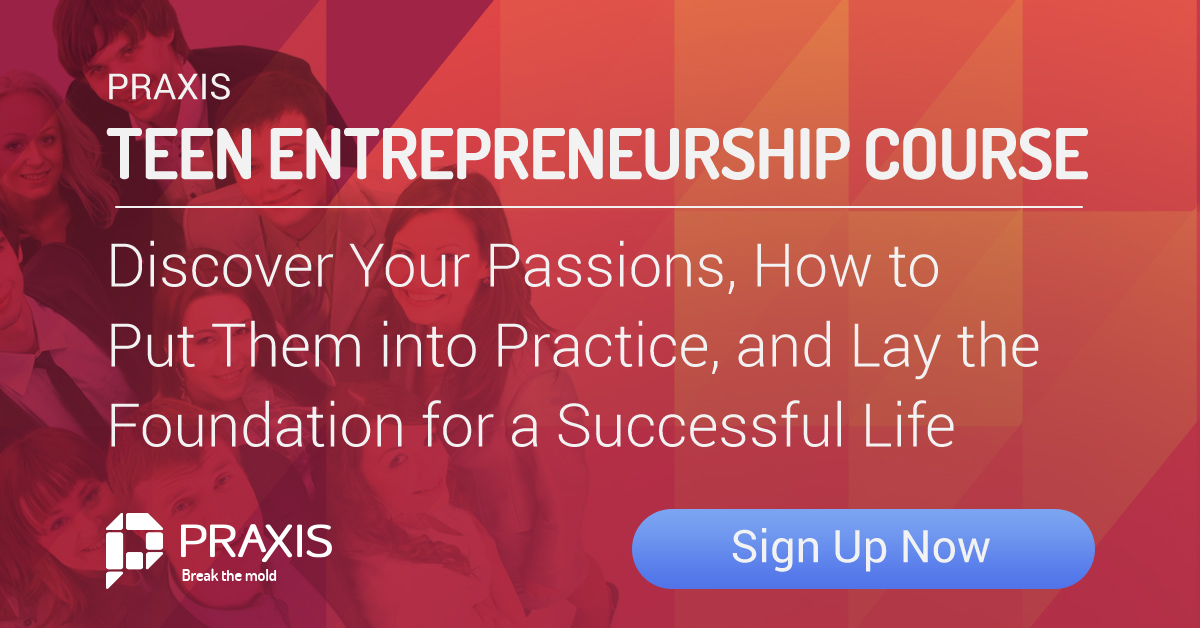When we created Praxis we did it to fill a large and growing gap in the option set facing young people. So many smart, ambitious, curious individuals are languishing in fluorescently-lit cinder-block classrooms. Bored. Racking up debt. For no clear purpose.
The myth they are steeped in is that they have to do this. There is no choice. The options are presented: Be a loser, or sit around for 4-6 years at a cost of tens of thousands.
But the myth goes deeper.
The myth is that learning itself, and by extension self-improvement, are terrible, boring, passionless and must necessarily be enforced by bureaucrats and self-proclaimed authorities. Your job, if you want to succeed in life (by whose definition anyway?) is to follow the rules, memorize the disconnected facts, take the tests, pad the resume, apply for the jobs, and wait for the conveyor belt to drop you off at ‘normal’.
How depressing and frustrating this is to so many of the best and brightest.
We set out to cut through the crap. We wanted these talented young people to stop waiting for real life and to jump into amazing work experiences at amazing companies eager for their help. We wanted them to shatter the old paradigm of education and start fresh, like newborns do, exploring questions that matter to them, creating their own challenges and structure, diving into a rigorous self-improvement project.
The mindset is simple and powerful. Awaken your inner entrepreneur. You own your life. You own your education. You own your career. You are the driving force in your own process of creation. Do things for the results you value, not the hoops arbitrarily placed before you.
We wanted this entire life-shifting experience to take place in the span of a single year and for a net cost of zero.
I received this email yesterday from current Praxis participant Mitchell Earl. It beautifully illustrates the mindset shift.
“If I had to estimate, I’d say I skipped class 2/3 of the time in college. I don’t sit still well. I couldn’t learn in that type of environment. I need to be stimulated. When I did go to class, I used to take the daily puzzles; either crosswords or sudokus because I needed something to direct my nervous energy toward if I was going to be forced to sit and listen to someone talk at me. I can’t even count the number of times I had a professor yank my newspaper away from me IN COLLEGE.
In my web design class, the syllabus alone put a burr under my saddle reading, “One absence is considered excessive for the course.” I redefined excessive. I turned in my work on time, but I refused to go sit in a classroom and be told how or what to code, design, or write. That’s not how I learn.
I didn’t and don’t want my work to be like grocery store milk, micro-filtered, ultra-pasteurized, standardized, and homogenized. For me to do my best work, I need to have the freedom to explore my creativity. Praxis has shown me that. It’s given me the freedom to explore my own needs as a learner. No one is yanking my puzzle away telling me to pay attention. No one is telling me how to learn. No one is shaming my individuality. With Praxis, I’m free to be me.”
Yes. That’s exactly it Mitchell. We set out to create more freedom. To help you carve out a space, to break the other-imposed mold, and plot your own path to fulfillment as you define it.
Freedom isn’t easy. It’s much harder work than just doing what everyone else wants and expects. It takes a lot of deep, philosophical thinking. It takes self-knowledge and self-honesty. It takes discipline and hard work. It takes tolerance of failure and the courage to put yourself in new situations, often over your head, and learn on the fly. It takes the humility to be in environments where you’re not the smartest person in the room. Your desire for personal growth must be strong enough to sustain these challenges.
Mitchell is tasting it. So are our other participants and grads. This is what we set out to do. And we’re doing it. One life at a time.
If you know anyone who sounds a lot like Mitchell was in school, give ’em a little nudge of encouragement to be free. Remind them the dominant path isn’t the only one, and the best paths are the ones they’ll blaze themselves. You can even send them my way and I’ll gladly talk with them about taking creative control of their education, career, and life, with or without Praxis.
Let’s awaken people’s dreams and increase the number of those who are truly living free.





